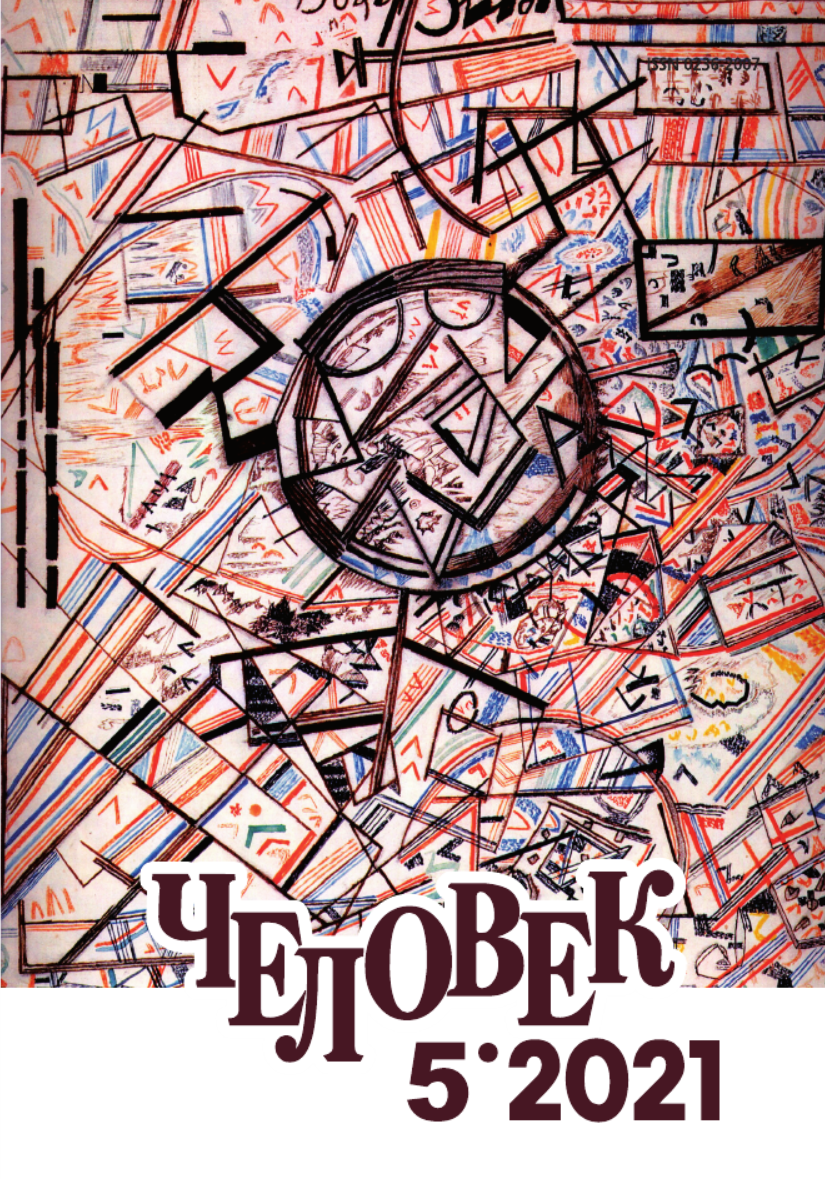Valery Podoroga: Philosophy as a Life Form
Keywords:
V.A. Podoroga, analytical anthropology, sensible experience, mimesis, work, non-participant observer, image, concept, M.K. Mamardashvili, S.M. EisensteinAbstract
The article is dedicated to the memory of the outstanding Russian philosopher Valery Podoroga (1946–2020). Although his rich legacy is still awaiting to be read in a careful and thoughtful manner, even now it is possible to discern those nodal points that allow us to conduct an ongoing dialogue with Podoroga. Among them is a philosophical approach that has been named “analytical anthropology”. One of its key elements is a kind of vindication of the sensible dimension in philosophy, which in Podoroga takes the form of his marked interest in the inner logic of a work defined by the play of psychomimetic forces. What is at stake is an encounter with the work on the corporeal level, when the reader is gripped by its energy, and it is the task of the analytical anthropologist to reconstruct the latter’s unique pattern in the work. However, this position seems to carry an inherent tension: although observation is defined as non-participant (a version of phenomenological reduction), the observer, in one way or another, brings to a close that which is still in a state of becoming (the work as a “living” form). This is the grounds for singling out two lines of thinking in Podoroga himself, namely, the line of Eisenstein and that of Mamardashvili. Being the philosopher’s intellectual mentors, they become the two poles defining the development of Podoroga’s own thought. If S.M. Eisenstein stands for experimentation pure and simple, M.K. Mamardashvili expresses the value of individual effort and of reflection as a philosophical procedure. On the one hand, we see Podoroga’s interest in the play of forces, energies and impulses, which points to the movement of matter itself, while on the other, he keeps searching for form and those ultimate grounds that clearly bear on metaphysics. The two mentioned poles are reflected in the following pair: (preconceptual) image vs. concept. Although Podoroga himself attempts to draw a line between the internal and the external — and the work is located precisely on this borderline — the contemporary world demands that we address the work as one of nature’s forms among so many others.






